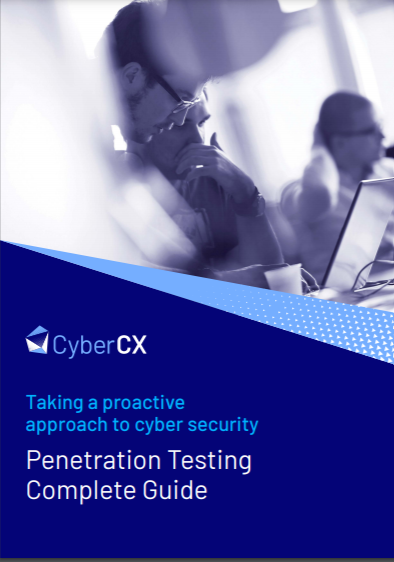Microsoft and Intel join forces to defend against cryptojacking
The companies are using machine learning for advanced memory scanning, cryptojacking and ransomware detection


Microsoft’s Defender for Endpoint is expanding its use of Intel’s Threat Detect Technology (TDT) to activate CPU-based crypto-mining machine learning detection.
The two companies have partnered to combat the rising threat of cryptojacking, also known as malicious crypto-mining, where cyber criminals install malware onto devices to use their power and resources to mine for cryptocurrencies or steal cryptocurrency wallets. This attack method can also slow computers dramatically and keep them from operating normally.
Intel TDT equips endpoint detection and response solutions with CPU telemetry and machine learning heuristics for advanced memory scanning, cryptojacking and ransomware detection. The company claims these are the only CPU-based malware behaviour-monitoring capabilities in the market that go beyond signature and file-based techniques.
Karthik Selvaraj, principal security research manager at Microsoft, pointed out that cryptocurrency mining has been on the rise in recent years, thanks to the increasing value of virtual currencies, the growth of popularity of different kinds of cryptocurrency and the volatility of these new markets.
RELATED RESOURCE

“As cryptocurrency prices rise, many opportunistic attackers now prefer to use cryptojacking over ransomware,” he said. “The risks for organizations have increased, as attackers deploy coin miners as a payload for malware campaigns.”
The threat detection capabilities are native to Intel Core and vPro platforms and operate seamlessly with EDR solutions without the need for installation or deployment configuration.
Earlier this month, Microsoft announced the Surface Laptop 4 will ship with either an 11th-gen Intel Core chip or an AMD Ryen Microsoft Surface Edition processor, following a decision taken by the company in March to support configurations from multiple hardware vendors. The machine, which has been designed for hybrid working, was reportedly up to 70% faster than the Surface Laptop 3.
Get the ITPro daily newsletter
Sign up today and you will receive a free copy of our Future Focus 2025 report - the leading guidance on AI, cybersecurity and other IT challenges as per 700+ senior executives
Zach Marzouk is a former ITPro, CloudPro, and ChannelPro staff writer, covering topics like security, privacy, worker rights, and startups, primarily in the Asia Pacific and the US regions. Zach joined ITPro in 2017 where he was introduced to the world of B2B technology as a junior staff writer, before he returned to Argentina in 2018, working in communications and as a copywriter. In 2021, he made his way back to ITPro as a staff writer during the pandemic, before joining the world of freelance in 2022.

